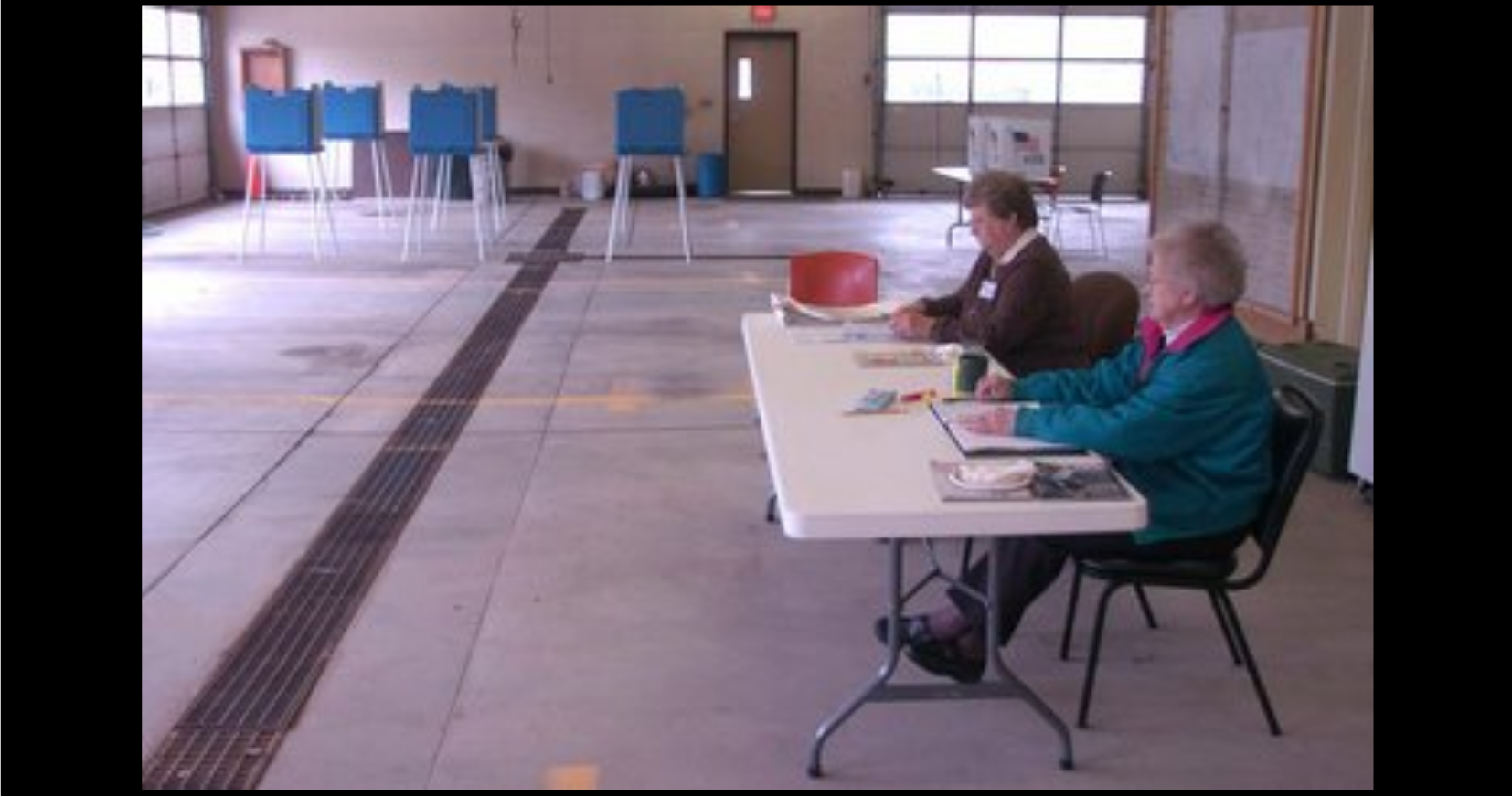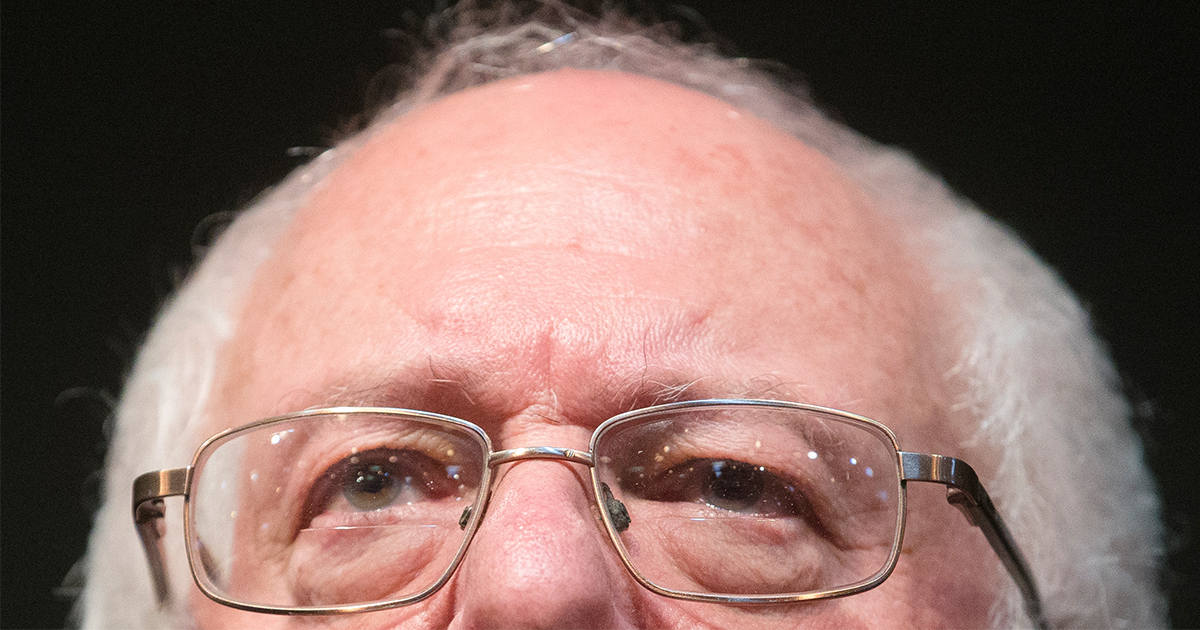Is It True That the New York Primary Was Unfair to Bernie Sanders?
By:
Media reports and political commentators observed on Wednesday that former Secretary of State Hillary Clinton's win in the New York primary on Tuesday both threw off a winning streak for Vermont Sen. Bernie Sanders and badly hurt his chances at securing a nomination — and ultimately his quest for the presidency.
In response, some Sanders supporters have taken issue with the intricacies of the state's primary. In a Facebook post, former Secretary of Labor and political commentator Robert Reich (who has endorsed Sanders) delved into the reaction to the primary vote, hitting on a few points about New York's strict voting regulations, widespread independent support for the upstart Democratic socialist, and whether or not Sanders still has a shot at a successful bid.
Reich argues that had New York's independent voters been allowed to vote Democratic, Wednesday's headlines might've look different.
One of the main points of contention surrounding the New York primary were the rules of the state's "closed" primary — which restrict voters' choices at the ballot box to the party they're registered with. The state's deadline to change parties was in October of 2015.
As Reich notes, Sanders, who claims significant support among independents, was largely denied their votes on Tuesday, because as registered independent voters, they could not vote in the Democratic or Republican primary. Voters in open primaries can vote for candidates from any party, regardless of which party they're registered with. Some estimated the total number of New York independents left out would be close to 3 million people.
Reich wasn't the only one to highlight what many saw as unfair restrictions for independent voters.
"It feels like it's taking away democracy," Tim Dubnau, an organizer with the Communications Workers of America union, told the Guardian. "Whenever the powers that be disenfranchise a lot of people, it feels like it's not a level playing field."
The Sanders campaign also complained about the New York City Board of Elections stripping over 125,000 Democratic voters from its rolls.

Haven't independent voters had plenty of time to re-register?
The counter to all of this is that Sanders is running as a Democrat, not as an independent, and Sanders fans have had ample time to register as Democrats in order to vote for him.
Many are also countering that even if they had registered, it's unclear if the candidate could have pulled through with a decisive victory in New York.
 New York Times - nytimes.com
New York Times - nytimes.com
As the votes above show, Clinton had a strong lead. Presuming that about half of the estimated 3 million independent voters would show up to the polls on Tuesday and lean Democratic, he still would have needed a substantial margin to secure the amount of New York's delegates (which are awarded proportionally) needed for a majority at the convention. Sanders supporters might say that even if he didn't win, those lost votes would have at least likely gotten him closer.
 AP/John Minchillo - apimages.com
AP/John Minchillo - apimages.com
Even so, Sanders undeniably faces an uphill battle from here on out, as New York Magazine's Jonathan Chait writes:
"[T]he proportional way in which states allocate votes make even a modest deficit all but insurmountable. Sanders's path to the nomination, as calculated by Nate Silver recently, would require him to win New York by about 4 percent. He is going to fall nearly 20 percent short of that target. He would need, again per Silver, not only to close Clinton’s lead in California (and other states where she leads) but also to produce an overwhelming victory."
Don't forget about the superdelegates.
Reich also highlighted superdelegates — Democratic Party officials who can change their vote at any time up to the Democratic National Convention this summer — as factors delegitimizing the democratic process. The subject is a frequent point of frustration for Sanders supporters, who feel that Clinton's lead is falsely inflated due to superdelegate support.
He writes:
"The inclusion of superdelegates and exclusion of independents from many Democratic primaries makes the Democratic Party far less democratic than many assumed."
Superdelegates, for their part, also factor into the Sanders strategy, according to Sanders' campaign manager Jeff Weaver.
"We're going to go to the convention," Weaver told MSNBC. "It is extremely unlikely either candidate will have the requisite number of pledged delegates to get [the nomination]. So it's going to be an election determined by the superdelegates."
Others say the system isn't as rigged as the Sanders camp claims — just look at individual votes.
Those in the Clinton camp, however, brush off the superdelegate argument and point to their candidate's substantial lead in individual votes so far — what they counter as a true measure of democracy. It was a point Clinton touched on in her victory speech Tuesday night.
Her campaign, she noted, is the "only campaign, Democrat or Republican, to win more than 10 million votes."
It's unclear whether a change in New York's primary rules (or the erasure of the state's other voting woes) would have changed Tuesday night's outcome, but that didn't stop Sanders supporters, Reich, and Sanders himself from wondering aloud.
"You’re paying for this election. It’s administered by the state,” Sanders said in a speech Tuesday night. “You have a right to vote. And that’s a very unfortunate thing, which I hope will change in the future. Thanks so much for your support."
